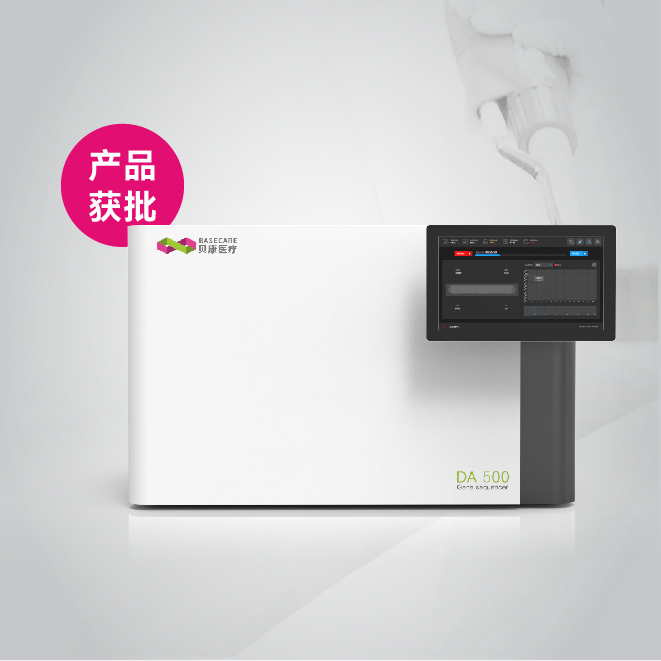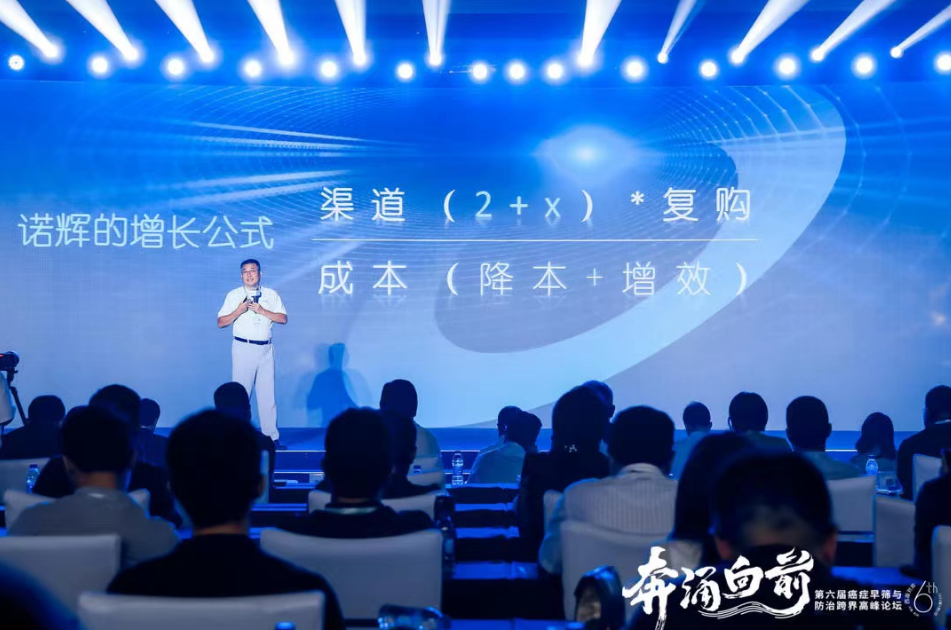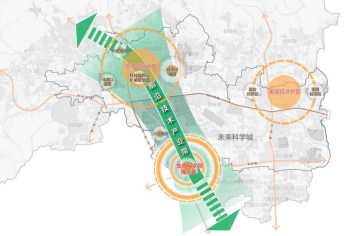Buffers and gel solutions
Long Ranger: we started using this in early 1995. Great stuff; the best thing is that the gels are not sticky after drying, even without removal of the urea. Long Ranger Gel Solution is available from many scientific supply companies and is a JT Baker reagent, cat # 4730-02 (50% concentrate).
The table below is used by our lab, and is sufficient for a standard 35 x 43 cm x 0.4 mm gel (we use the Owl boxes). The Long Ranger solution comes with a troubleshooting guide; a few of the electrophoresis parameters that have been demonstrated important for us are listed below.
Long Ranger Gels
5% in 1X TBE
5% in 1.2X TBE
6% in 1X TBE
urea
40.4 g
40.4 g
40.4 g
TBE
13.3 ml 6X
(8 ml 10X)
16 ml 6X
(9.6 ml 10X)
13.3 ml 6X
(8 ml 10X)
Long Ranger (50%)
8 ml
8 ml
9.6 ml
water
30.5 ml
(35.8 ml)
27.8 ml
(34.2 ml)
28.9 ml
(34.2 ml)
ammonium persulfate
70 mg
70 mg
70 mg
1. Mix to dissolve urea, filter through Whatman 3MM filter or equivalent.
2. Add 25 μl TEMED, and pour gel.
Electrophoresis
1. For maximum base reads, use 1.2X TBE in the gel and 0.6X TBE as the electrophoresis buffer.
2. Run gels at 55 W. Wattage must not exceed 55-60 W even with large 40 x 40 cm plates or a temperature of 50℃.
3. A 10 min prerun is sufficient
4. Maintain gel temperature between 40-50℃.
5. Do not heat samples excessively during denaturation step. 2 min at 75℃ is enough, and it is not necessary to heat again prior to a second or third loading.
Buffers and gel solutions
Long Ranger: we started using this in early 1995. Great stuff; the best thing is that the gels are not sticky after drying, even without removal of the urea. Long Ranger Gel Solution is available from many scientific supply companies and is a JT Baker reagent, cat # 4730-02 (50% concentrate).
The table below is used by our lab, and is sufficient for a standard 35 x 43 cm x 0.4 mm gel (we use the Owl boxes). The Long Ranger solution comes with a troubleshooting guide; a few of the electrophoresis parameters that have been demonstrated important for us are listed below.
Long Ranger Gels
5% in 1X TBE
5% in 1.2X TBE
6% in 1X TBE
urea
40.4 g
40.4 g
40.4 g
TBE
13.3 ml 6X
(8 ml 10X)
16 ml 6X
(9.6 ml 10X)
13.3 ml 6X
(8 ml 10X)
Long Ranger (50%)
8 ml
8 ml
9.6 ml
water
30.5 ml
(35.8 ml)
27.8 ml
(34.2 ml)
28.9 ml
(34.2 ml)
ammonium persulfate
70 mg
70 mg
70 mg
1. Mix to dissolve urea, filter through Whatman 3MM filter or equivalent.
2. Add 25 μl TEMED, and pour gel.
Electrophoresis
1. For maximum base reads, use 1.2X TBE in the gel and 0.6X TBE as the electrophoresis buffer.
2. Run gels at 55 W. Wattage must not exceed 55-60 W even with large 40 x 40 cm plates or a temperature of 50℃.
3. A 10 min prerun is sufficient
4. Maintain gel temperature between 40-50℃.
5. Do not heat samples excessively during denaturation step. 2 min at 75℃ is enough, and it is not necessary to heat again prior to a second or third loading.
6. We have had the best results with 4.5 and 2 hour runs, at 55 W.
Electrophoresis Buffers (TBE)
10X (per liter)
6X (per liter)
Tris base
108 g
64.8 g
Boric acid
55 g
33 g
disodium EDTA
9.3 g
5.58
(The TBE should be fresh-if the boric acid precipitates, make a fresh stock--we find that a 6x solution lasts longer before precipitating)
Older (pre-Long Ranger Gels) Method
10X EB
164.0 g Tris-OH
27.5 g Boric Acid
7.45 g disodium EDTA
water to 1 l
Acrylamide stock
38% Acrylamide
2% bis-acrylamide
Gels (volume is for standard size sequencing gels)
8% gel:
40.4 g urea
27.0 ml water
16.8 ml 38/2 acrylamide
8.0 ml EB
6% gel:
40.4 g urea
31.2 ml water
12.6 ml 38/2 acrylamide
8.0 ml EB
5% gel:
40.4 g urea
33.5 ml water
10.5 ml 38/2 acrylamide
8.0 ml EB
Dissolve by heating slightly, degas if necessary. Add 0.7 ml 10% ammonium persulfate, and 25 ul TEMED, and pour gel immediately.







